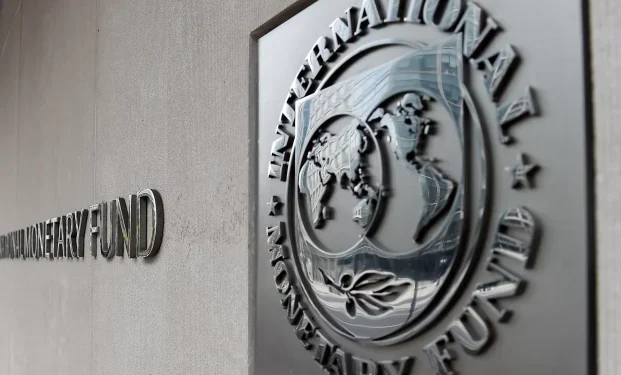IMF Warns of Deeper Contraction in Botswana’s Economy, Urges Reforms to Boost Diversification
Botswana’s economy is projected to shrink by about 1 percent in 2025, extending last year’s 3 percent contraction, as weak demand for diamonds continues to weigh heavily on growth, the International Monetary Fund (IMF) has said.
An IMF mission team, led by Mr. Édouard Martin, Mission Chief for Botswana, concluded its 2025 Article IV Consultation discussions with authorities in Gaborone on September 26. The Fund noted that the diamond sector remains under severe pressure from subdued Chinese demand and rising competition from lab-grown diamonds, with mining output falling by 24 percent in 2024. Non-mineral growth also slowed to 2.8 percent.
“After growing by 3.2 percent in 2023, Botswana’s economic activity contracted by 3 percent in 2024… Over the medium term, if the authorities implement ambitious reforms to ensure fiscal and external sustainability and diversify the economy, growth could recover gradually to more than 4 percent,” Mr. Martin stated.
The downturn has worsened external imbalances, with the current account swinging from a surplus of 1.5 percent of GDP in 2023 to a deficit of 4.2 percent in 2024. Foreign reserves declined to the equivalent of five months of import cover.
On the fiscal side, the IMF observed that the budget deficit widened to 7.1 percent of GDP in 2024/25, driven by weaker mineral revenues and higher recurrent spending. Public debt has now surpassed 30 percent of GDP.
The Fund also flagged financial sector risks, noting that while banks remain well-capitalized and profitable, liquidity conditions have tightened. It called for accelerated implementation of recommendations from the 2023 Financial Sector Assessment Program to strengthen resilience and improve monetary policy transmission.
Inflation has remained below the Bank of Botswana’s 3–6 percent target band, though the recent depreciation of the Pula—6 percent against the U.S. dollar and 8.6 percent against the South African rand—could push prices higher in the months ahead.
The IMF urged the government to step up structural reforms to support economic diversification and job creation. It welcomed initiatives under the Botswana Economic Transformation Program but stressed the need for measures to enhance domestic revenue mobilization, streamline the public wage bill, improve state-owned enterprise management, and reduce red tape for businesses.
“Accelerating growth and job creation will require a fundamental shift towards greater private sector participation, a more diversified export base, and a more efficient public sector,” Mr. Martin said.
The Fund encouraged authorities to embed these reforms in the upcoming five-year National Development Plan to safeguard long-term fiscal sustainability and resilience.







